Reader's Digest, "17 Common Lies You Tell Your Doctor (And Why You Need to Just Stop)"

By Charlotte Hilton Andersen
Sometimes, a fib is harmless. In these cases, it's not.
I take all my medications, exactly as prescribed
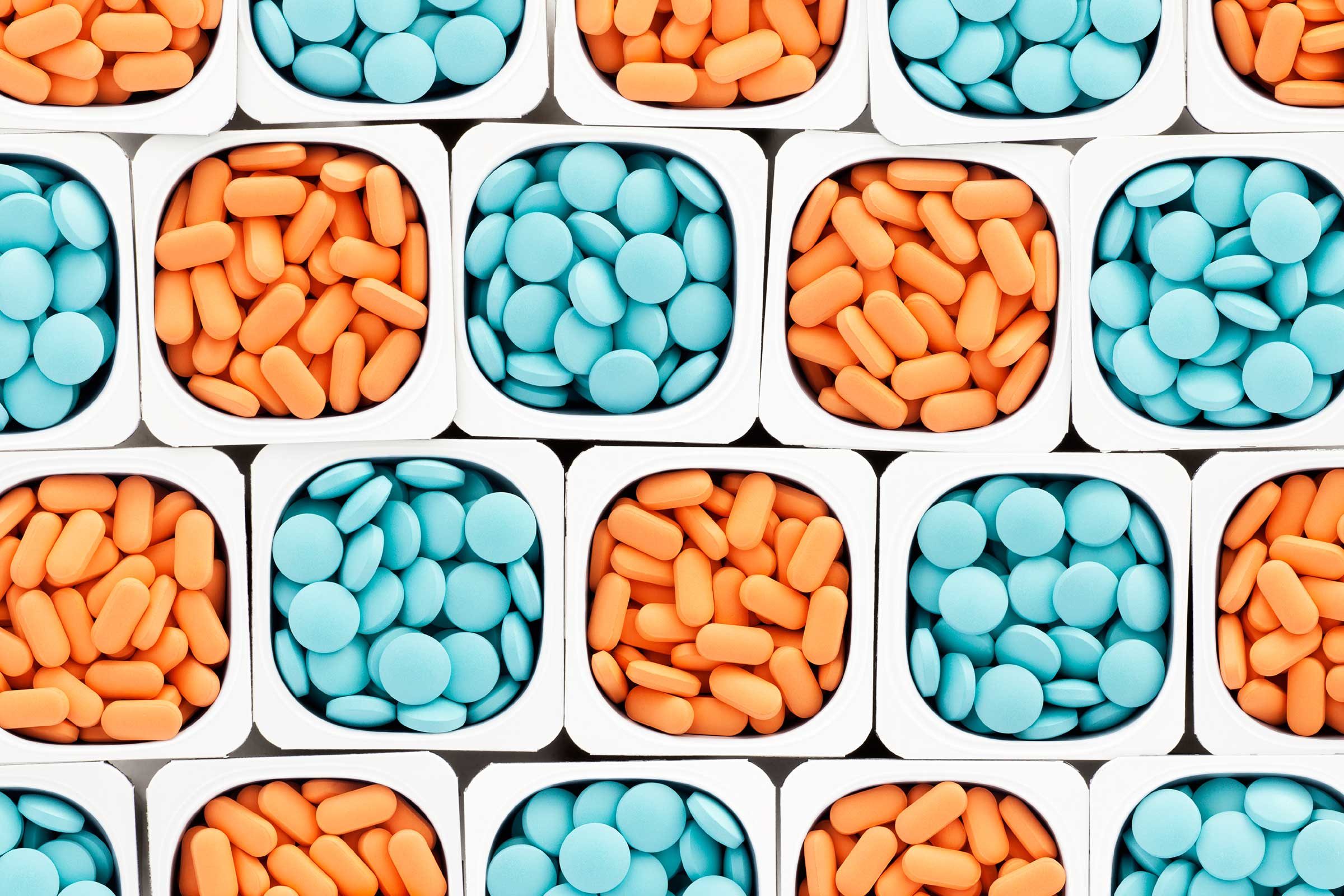
“Patients often say that they take all of their medications in a timely fashion. But non-compliance with medications may result in additional medications being prescribed, since physicians may think that they are needed. This increases the risk of side effects, interactions with other drugs, and cost.” —Regina Druz, MD, cardiologist
Junk food? I never eat the stuff

“Often times people with diabetes, high cholesterol, or obesity will say that they don’t eat anything ‘bad,’ and they can’t understand why their labs are still abnormal or why they aren’t losing weight. (Here’s how to train your brain to hate junk food). When asked if they are eating saturated fats or processed sugars they will say no. Their labs, however, tell another story. It is very important to know what someone is actually eating. If someone is very carefully following their diet but their labs are still abnormal they may require more medication. If your doctor knows that you aren’t really eating that well they can make changes to the diet first before adding more medication.” —Kristine Arthur, MD, internist at Orange Coast Memorial Medical Center in Fountain Valley, California
I’m not in any pain
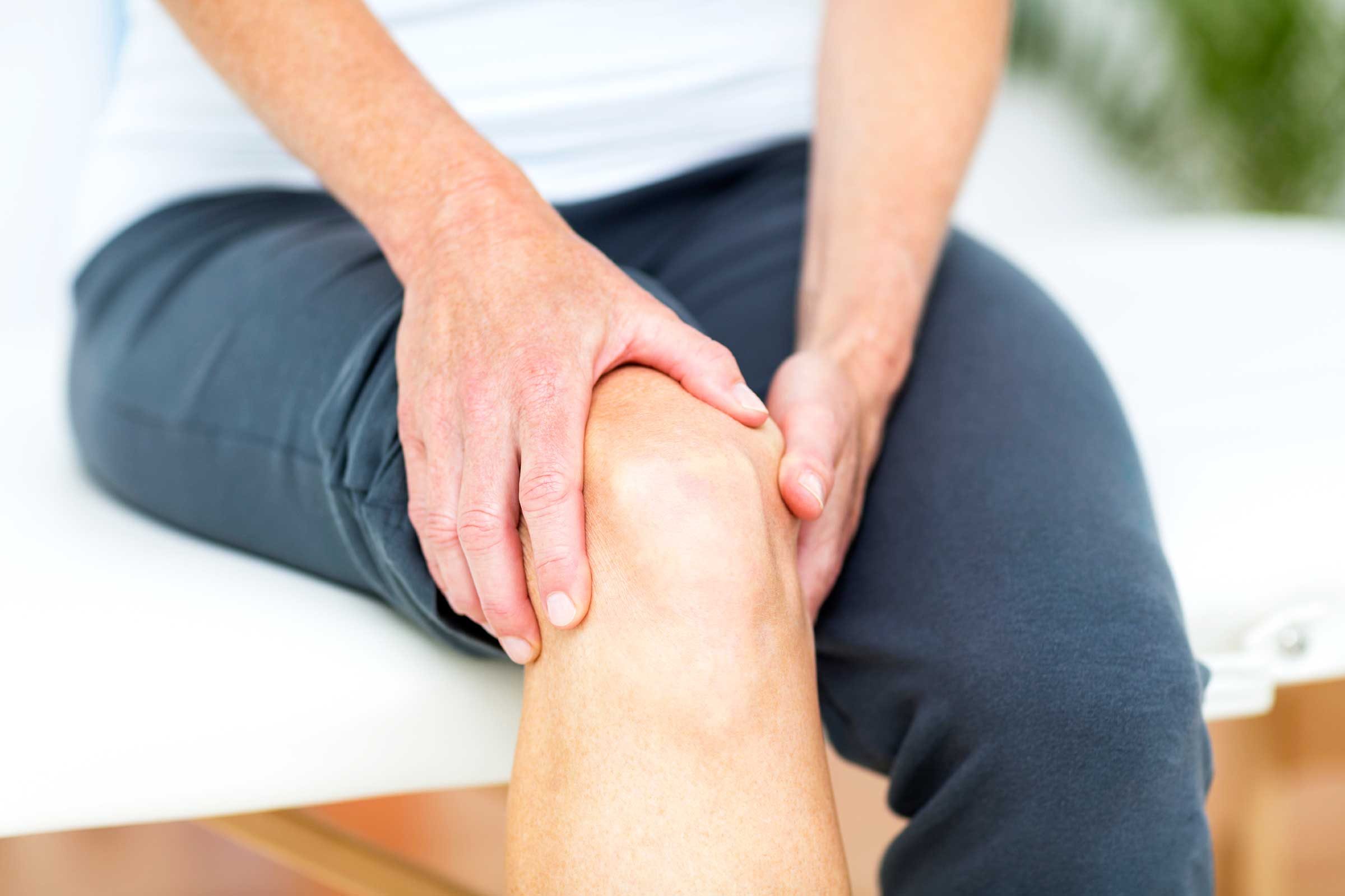
“Sometimes patients will say that they feel fine after a treatment, but I later learn from family members that they experienced side effects. Or sometimes they’ll hide symptoms of their illness. It may be a defense mechanism to ignore the pain or they may be afraid of the truth about their condition. (These six pains you should never ignore). But it is important that patients not lie about how they’re really feeling. It can result in the wrong treatment decision being made. Some side effects may become permanent and even cause disability.” —Hamidreza Sanatinia, MD, medical oncologist and hematologist at Comprehensive Cancer Centers of Nevada
I watch my blood sugar like a hawk
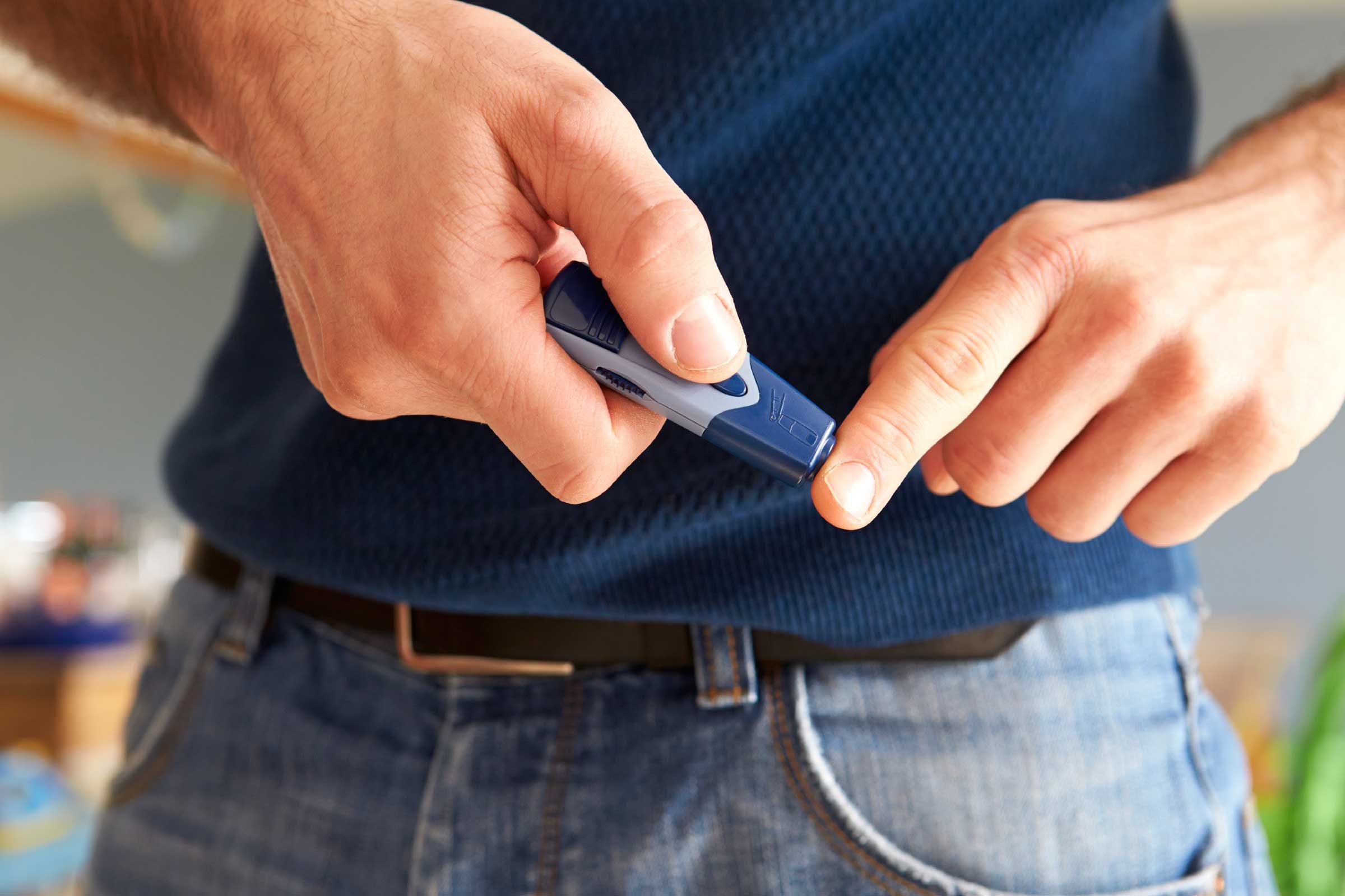
“I often find that some of my patients with diabetes are unaware or can’t recall their blood sugar levels. It’s important that they’re diligent in tracking these levels because they are at a significantly higher risk for developing eye diseases including glaucoma, cataracts, and diabetic retinopathy that often go undetected. We recommend that they keep their A1C [blood sugar] levels in control and receive an annual eye examination by a doctor of optometry.” — Steven A. Loomis, OD, president of the American Optometric Association
I quit smoking years ago!

“I have had patients who were less than forthcoming about a smoking history, which is problematic because any nicotine and tobacco derivatives can seriously slow down the healing process. This is particularly troublesome in operations like face lifts and tummy tucks. I’ve had to make a policy of not performing elective cosmetic surgery on active smokers.” —Lara Devgan, MD, plastic and reconstructive surgery
I wear sunscreen every day

“It’s important for patients to be honest if they don’t wear sunscreen so that we can figure out why they’re not wearing it and how we can change that. (These sunscreen myths drive dermatologists crazy). Sunscreen allergies are real and frequent so I recommended two hypoallergenic sunscreens with physical sun blockers (zinc oxide and titanium dioxide). Not all sunscreens work for everyone so we either need to find a solution for their problem or we can discuss other alternatives, such as sun protective clothing.” —Lauren Ploch, MD, board-certified dermatologist and a member of the American Academy of Dermatology
I only have one drink
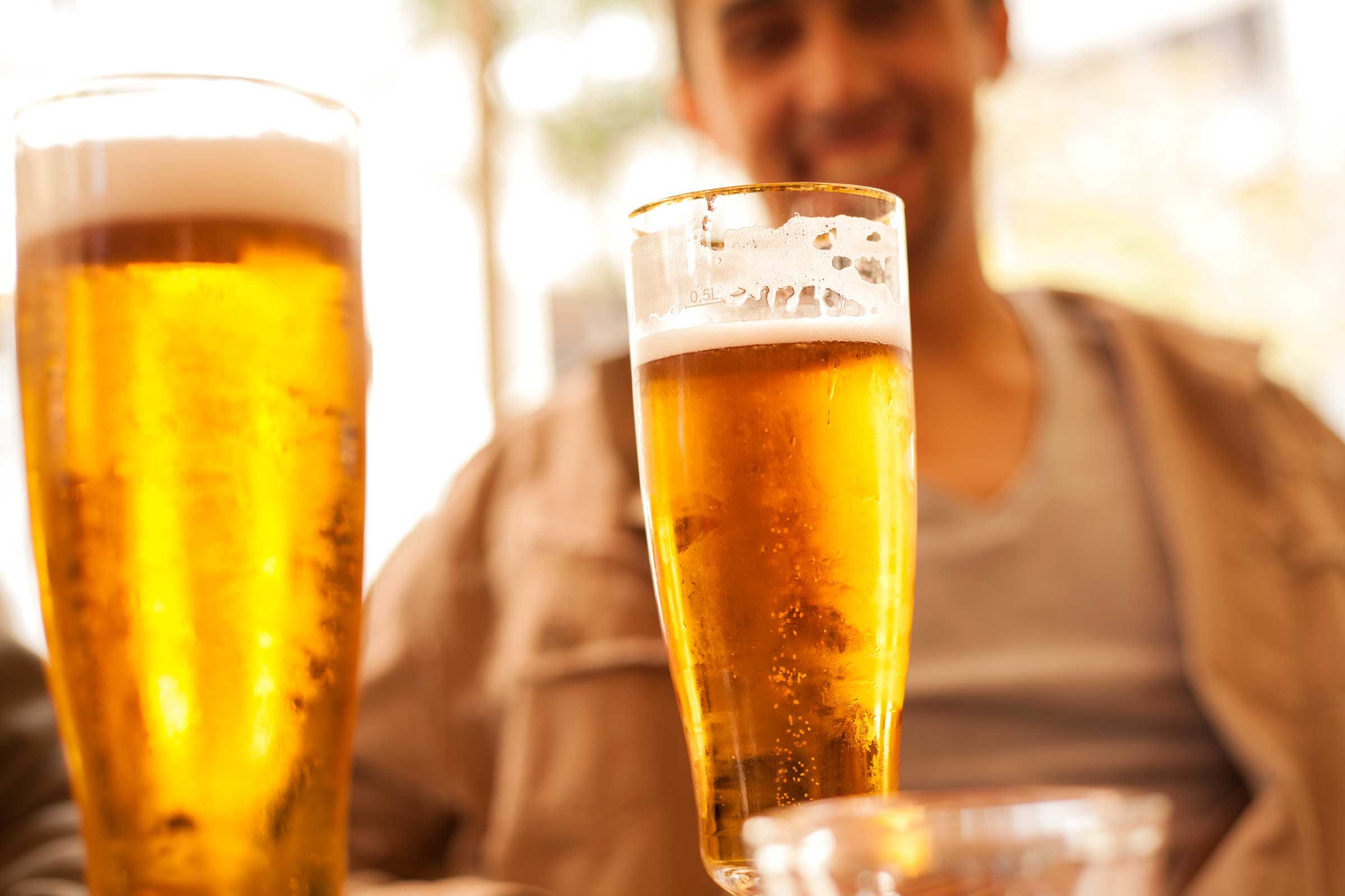
Asking patients how many alcoholic beverages they drink in a day is important because the answer could affect their treatment. Most patients will say ‘just one’ but that one drink could mean anything. I found out one patient’s ‘one’ drink was an entire bottle of wine each night with dinner. One drink a day is not necessarily bad for you, but if it’s more than 12 ounces of beer, 5 ounces of wine, or 1.5 ounces of distilled spirits, it could increase the side effects a patient experiences during treatment as well as their risk of being admitted to the hospital more frequently.” —Matthew Schwartz, MD, a radiation oncologist with Comprehensive Cancer Centers of Nevada
I lost my pain meds; I need more

"As more and more research shows the problems with using opioid medications to treat chronic pain, physicians are becoming less inclined to use pain medications alone to help with pain control. Open communication about the debilitating effects of pain and realistic expectations for pain control can help create a plan that can comprehensively treat pain using different treatment paths or even non-opioid medications. Trying to obtain more medications in a dishonest manner may just develop a sense of mistrust between the patient and physician.” —Steve Yoon, MD, physiatrist, at Kerlan-Jobe Orthopaedic Clinic in Los Angeles
I can hear you just fine
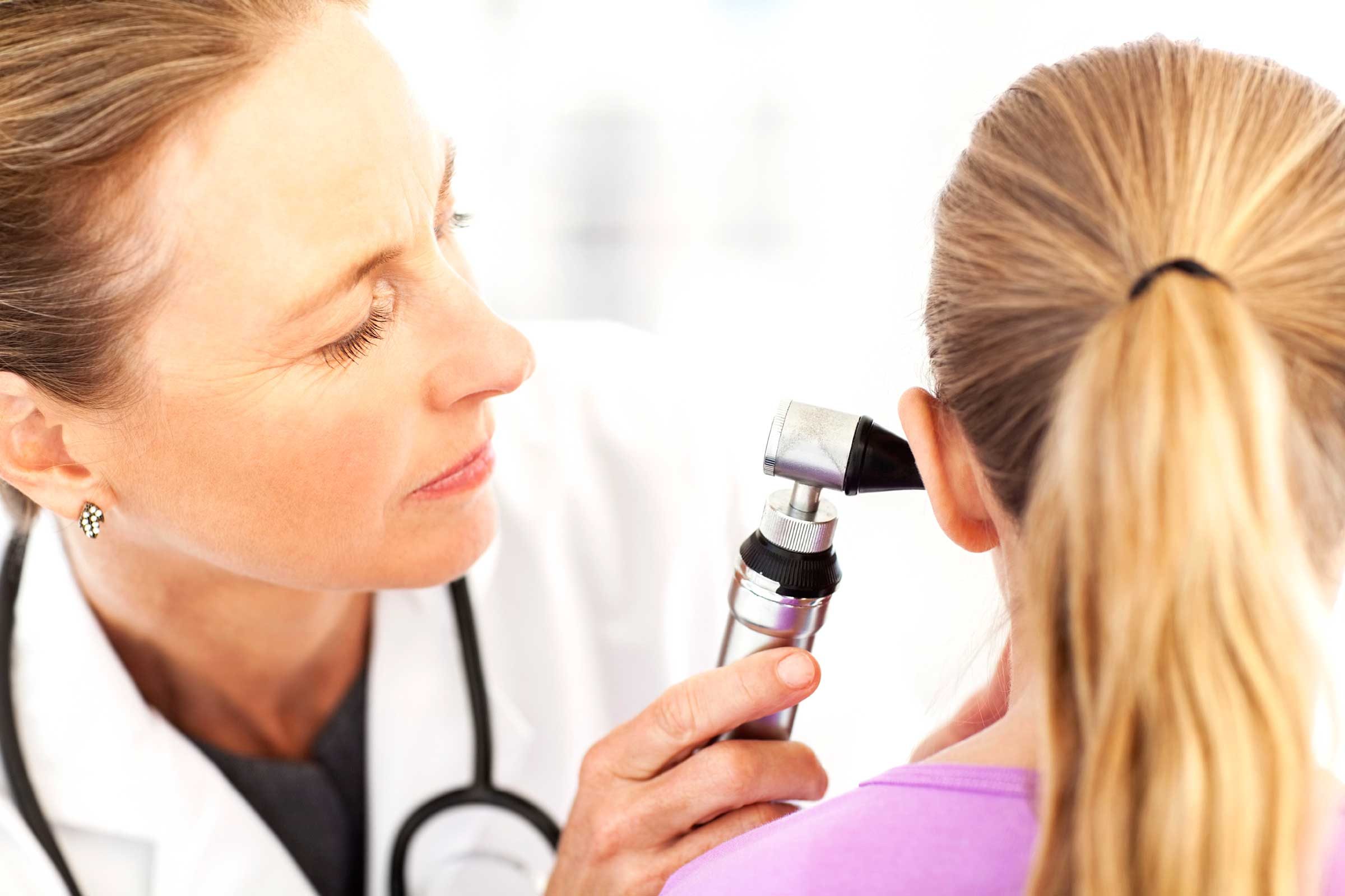
“Patients often downplay their level of hearing loss. (Here are sneaky signs of hearing losspeople tend to ignore). They may feel that their hearing is 'not that bad' or that others are mumbling. Patients may also lie as they want to avoid the expense and difficulty in obtaining a hearing aid. But recent research has linked untreated hearing loss to social isolation, depression, and more significantly, Alzheimer's dementia. Hearing loss is best treated if caught early, and research suggests that using hearing aids can prolong independence and ward off dementia.” —Sreek Cherukuri, MD, a Chicago-based ear, nose, and throat doctor and founder of MDHearingAid
Of course, I’m doing my physical rehab
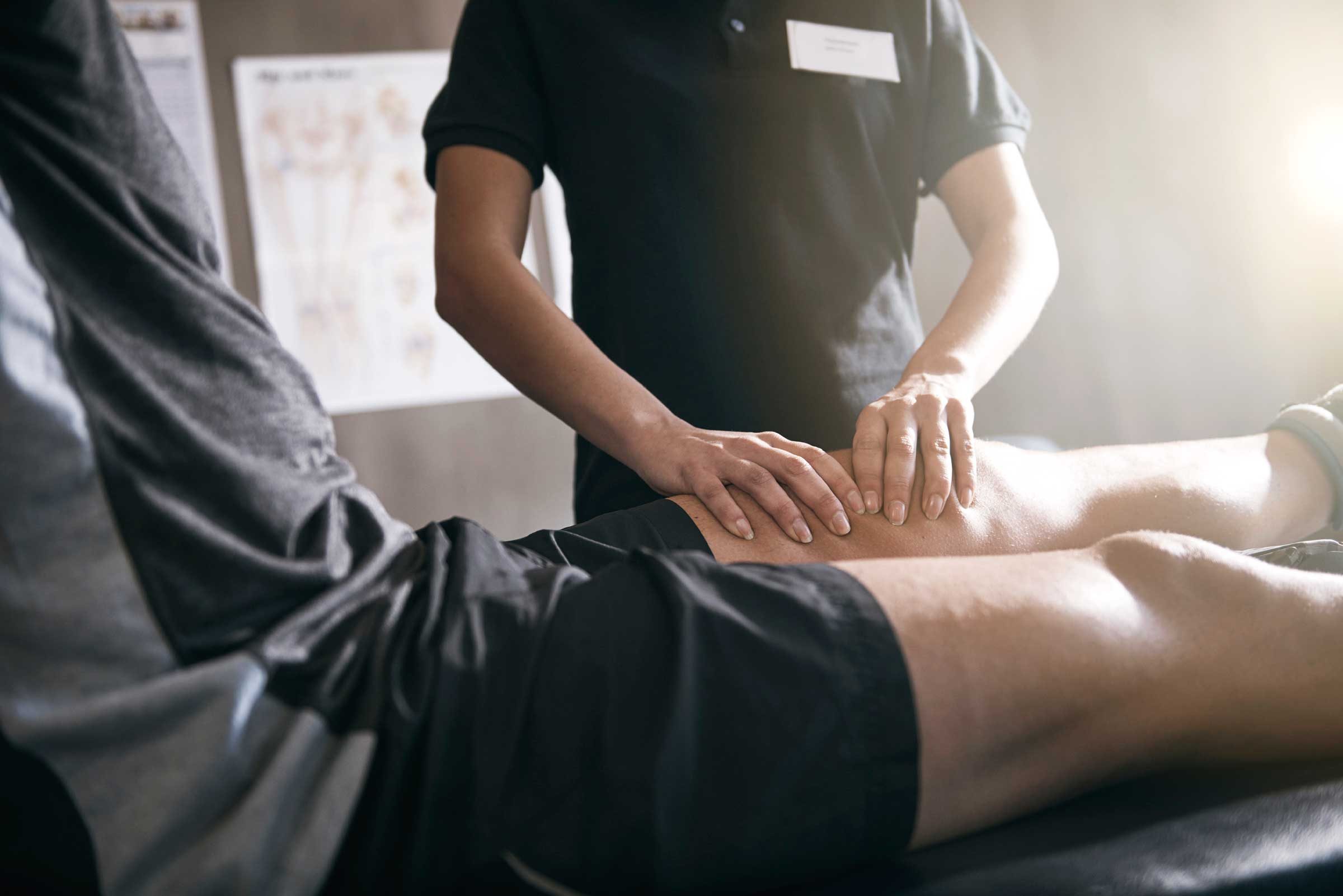
“I always tell patients, ‘Surgery is the easy part. The hard part is the rehab, and that's all on you.’ If patients try to do too much too fast, they can damage or otherwise compromise the result. If patients aren't participating fully in therapy or doing their exercises at home, they can become permanently stiff or weak. Either way, patients have to be committed to the recovery process to succeed and they need to be honest so we can identify problems early on, while they are still correctable.” —Noah Raizman, MD, orthopaedic surgeon at The Centers for Advanced Orthopaedics
I just take a vitamin

“You have to tell us everything you’re taking. Many patients take nutritional supplements and herbs to supplement their health, but in reality most don't really know what they're taking. It’s hard to know what's in most supplements because of the appalling lack of regulation or oversight and many studies have shown that many supplements don't even contain what they claim to contain. And some supplements can actually cause harm, damage, and interfere with medicines and drugs.” —Mark Vellek, MD, a hematologist and medical oncologist with Missouri Cancer Associates
I’m not hurt
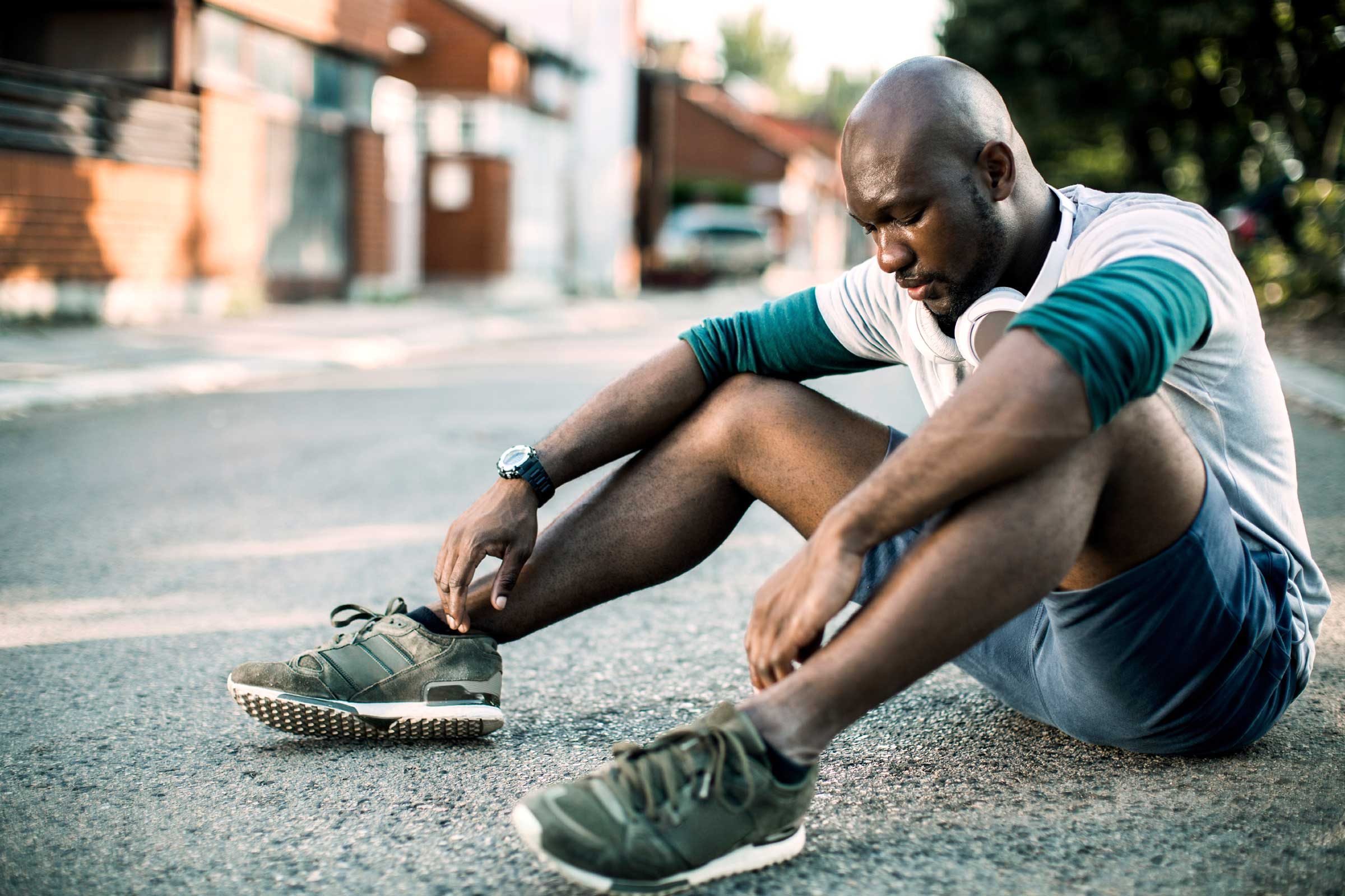
“There is so much pressure on people today, especially those who are very competitive, to be athletes. Patients often minimize symptoms or may be hesitant to report pain because of their dedication to their workout or game. A patient may say he has healed when in reality he has not. But by returning to exercise too soon, you can often worsen the injury or, even worse, get a whole new injury.” —Shaheer Yousaf, MD, orthopaedic surgeon at The Centers for Advanced Orthopaedics
I never used tanning beds

“Few people want to admit to using tanning beds in the past but copping to your tanning history is important so that patients can be screened for skin cancer regularly. I recommend that any patients with a history of tanning bed use be screened annually for skin cancer. Skin cancers are much better caught early than late!” —Lauren Ploch, MD, board-certified dermatologist and a member of the American Academy of Dermatology
I exercise. All. The. Time.

“By lying about how much they exercise, people are trying to lead their doctor into thinking they are physically active when what they are really doing is getting up from the sofa to go to the kitchen. Exercise is invaluable as an adjunct to therapy and in the treatment of disease as well as prevention. Obesity leads to accelerated rates of diabetes and coronary disease and is clearly associated with several forms of cancer, such as breast and colon.” —Mark Vellek, MD, a hematologist and medical oncologist with Missouri Cancer Associates
We always use a condom
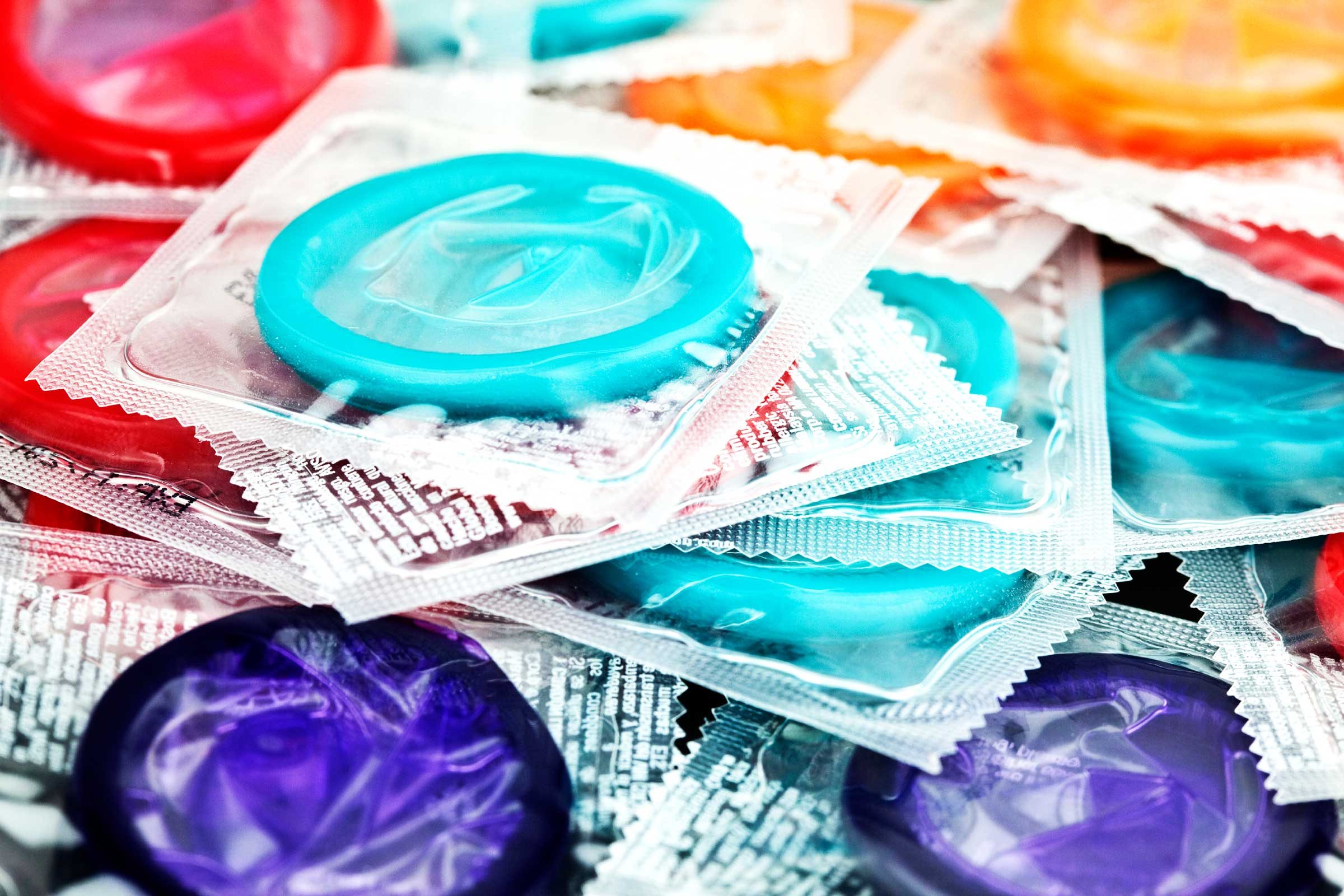
“Condoms are the best way to help prevent sexually transmitted infections, pregnancy, and HIV infections but condom use is not as consistent as it should be amongst single sexually active young (and old!) adults. Using condoms also helps prevent HPV-related diseases such as cervical cancer. They are not 100 percent protective against infections but definitely give you the best chance of preventing unwanted problems.” —Sherry Ross, MD, an ob-gyn and women’s health expert at Providence Saint John’s Health Center in Santa Monica, California
Drugs? No, never, not me

“Some patients deny recreational drug use, such as marijuana. They don't want it on their official medical records for fear of repercussions from work or insurance companies if they were to ask for their medical records. Some men deny being on testosterone therapy because they may not want their wives or others to know they take steroids. But it’s important to know because it affects fertility among other side effects. Patients need to be completely honest with their physicians so we can best know how to help them maintain good health and achieve their goals.” —Philip Werthman, MD, director of the Center for Male Reproductive Medicine and Vasectomy Reversal in Los Angeles
I swear, I don’t have an eating disorder
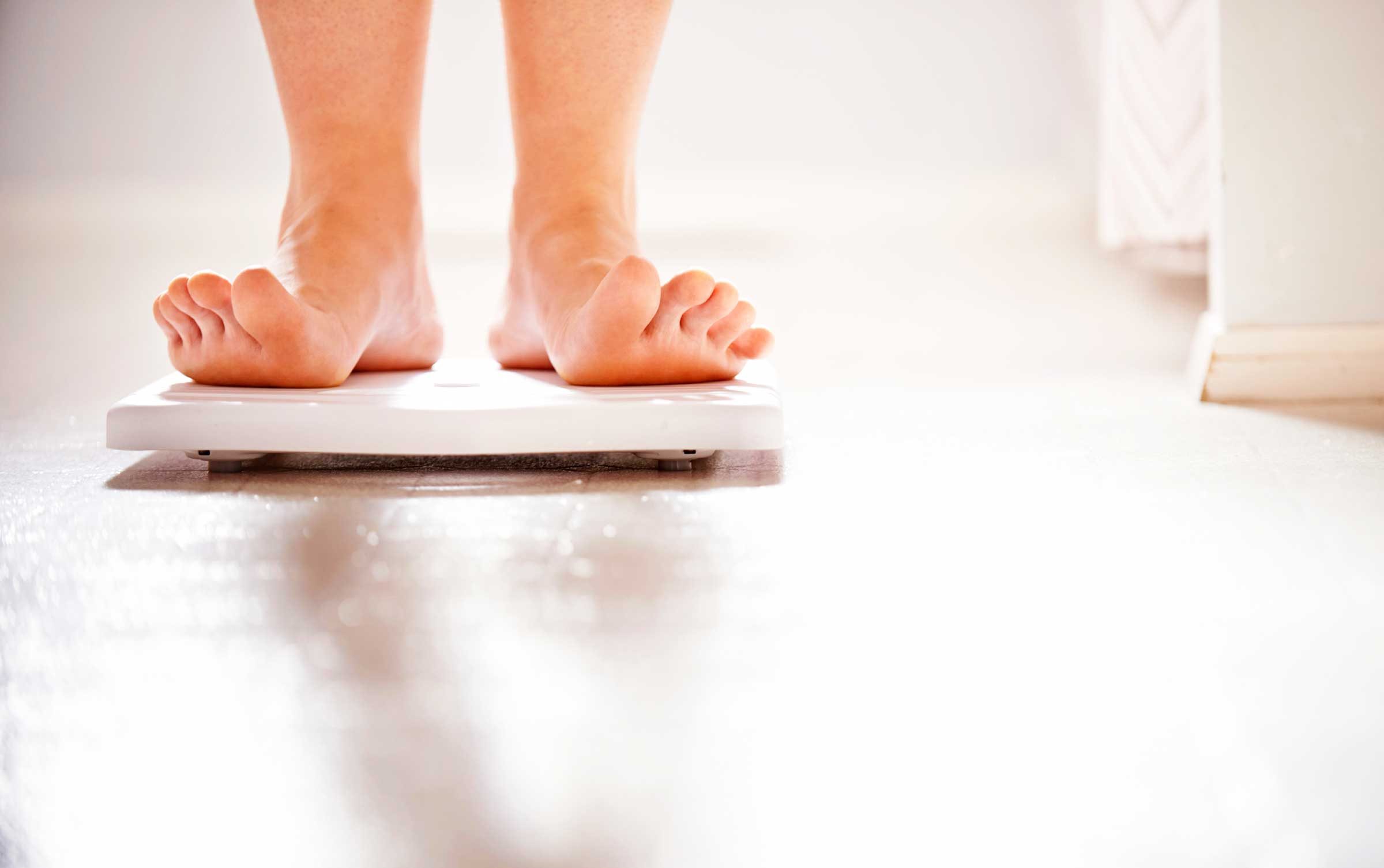
“People with anorexia may over-report what they’ve eaten while individuals with binge eating may under-report their food intake. I wouldn’t call it ‘lying’ exactly, as patients with eating disorders frequently experience shame associated with their symptoms. But it’s important to get accurate information in order to manage possible electrolyte disturbances, hormone disturbances, and other medical issues. Eating disorders are treatable, and early intervention is associated with best outcomes.” — Evelyn Attia, MD, director at the Center for Eating Disorders at New York-Presbyterian Hospital and a professor of psychiatry at Columbia and Weill Cornell Medical Centers

